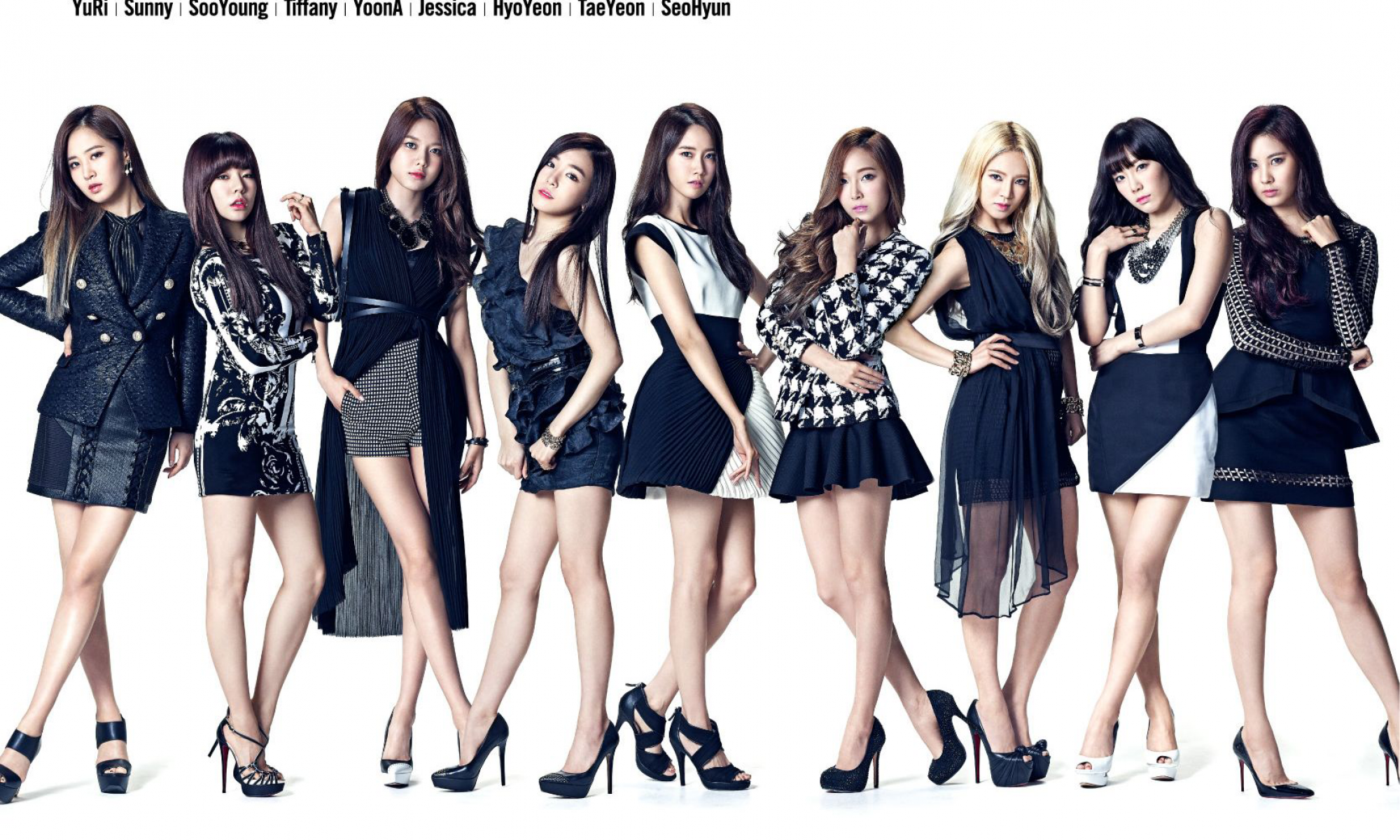The power of social media has made Korean artists’ career no longer like decades ago. With the rise of new media which have shift power like smartphones and laptops, customers can follow their idols whenever they want. I believed this situation provided the artists better careers, in both reputable and financial aspects. First, the innovative technology of streaming music services provide idols and their agency companies platform to publish and sell their digital records. Easy accessibility to these platforms give convenience to both idols and customers. Idols can utilized their social media to make advertisements more efficient. For example, post a purchase link under their twitter post. Customers, are benefited by the low cost of the digital records — — They are more affordable compared to the CD copy. The records are like $9.9 and why not give it a try? Thus quantity produce the profits. Secondly, Korean idols have their specific way to ensure finical substance. They establish official fan-clubs which provide members some profits like early accessibility to concert tickets. However, these members have to pay membership-fee in order to join the fan-club. Nowadays membership fees are basically around ₩20000 and there are over two hundred and fifty thousand members in top 10 fan-clubs! Now you can imagine the finical profit.
However, there are also concerns for idols in this rapid change Internet era. To stand at the peak of trends and make money, they have to do some compromises to avoid being eliminated. Fundamentally, forth-wave groups are not different from the third-wave idol groups, as the basic formula—group format, music and dance styles, visual stylistic emphasis, and multimedia presence—is identical. However, the results are quite different. (Jung EY, 2015, 80) Some groups like GG and BTS can lead trend for over a decade, other groups might not able to produce a second album. One contributing factor is interaction with fans. To ensure idols’ popularity, their agency companies scheduled numerous activities in order to publicize new work and keep fans on flame, like interactive meetings, birthday parties, conferences and so on. Groups or solo artists without persuasive agencies might easily be buried in the numerous works and information published daily online. While Idols have did some compromises like highly exposed to the public in order to keep activeness. They might have to spend more time to interaction and pleasing the fans rather than their personal lives forced by their agency. They even not have any choices for romantic relationships and personal schedules. Like BBC explained: some of K-Pop’s biggest success stories were built on the back of so-called slave contracts, which tied its trainee-stars into long exclusive deals (Lucy Williamson, 2011, BBC news). This is one of the compromises they have to make— —follow the agency company and keep exposing.
In conclusion, Social media has the power to be sustainable financially supportive for Korean idols, but they have to find their way to not be submerged in the stars-explosion Internet environment. And fans interacting activities is a proven-to-work but very exthuasting method.
Bibliography:
Lee, Sangjoon, Nornes, and Abé Markus, 2015. Hallyu 2.: The Korean Wave in the Age of Social Med, edited by Sangjoon Lee and Abé Mark Nornes, 73-88.
Lucy Williamson, “The dark side of South Korean pop music”, BBC News, 15 June 2011, https://www.bbc.com/news/world-asia-pacific-13760064

